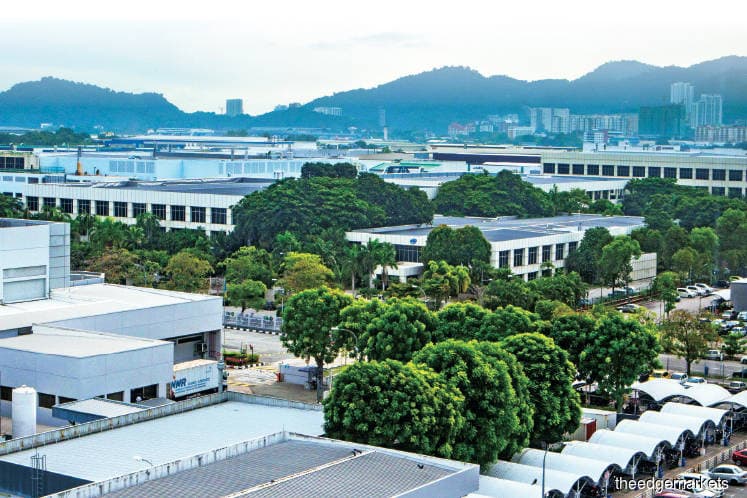
KUALA LUMPUR (Feb 4): The Malaysian manufacturing sector began 2019 with a fourth successive monthly deterioration in operating conditions, with output and new business both declining during January.
The Nikkei Malaysia Manufacturing Purchasing Managers’ Index (PMI) registered 47.9 in January, up from 46.8 in December. A reading of above 50 indicates an expansion and below 50 points to a contraction.
Export sales also declined, while easing demand pressures enabled firms to reduce backlogs of work, said IHS Markit, which compiles the survey, in a statement today.
“Although there was a marginal up-tick in employment, costs were cut elsewhere as input buying decreased and stocks were scaled back.
“Elsewhere, survey data indicated falling purchasing prices, enabling firms to raise their own prices more slowly. Looking ahead, companies were optimistic that output would be higher in 12 months,” it said.
IH Markit said also declining for a fourth month were new business inflows.
It said although demand weakened in January at a softer pace than in December, the decline was strong overall.
It said panellists reported that economic conditions had been unfavourable.
Export sales also fell in the latest survey period, with softer demand arising from China, Japan and South Korea.
“Malaysia’s manufacturing sector continued to deteriorate during January. Keeping the headline index in negative territory were further reductions in new business and output,” said IHS Markit economist Joe Hayes.
“Demand conditions were reportedly unfavourable within the domestic market, but survey data also highlighted fewer sales overseas, with declines attributed to weakness in China, Japan and South Korea.
“With survey data also showing pull-backs to inventories, slowing output price inflation and falling input buying, near-term prospects appear highly skewed to the downside for Malaysian goods producers,” said Hayes.